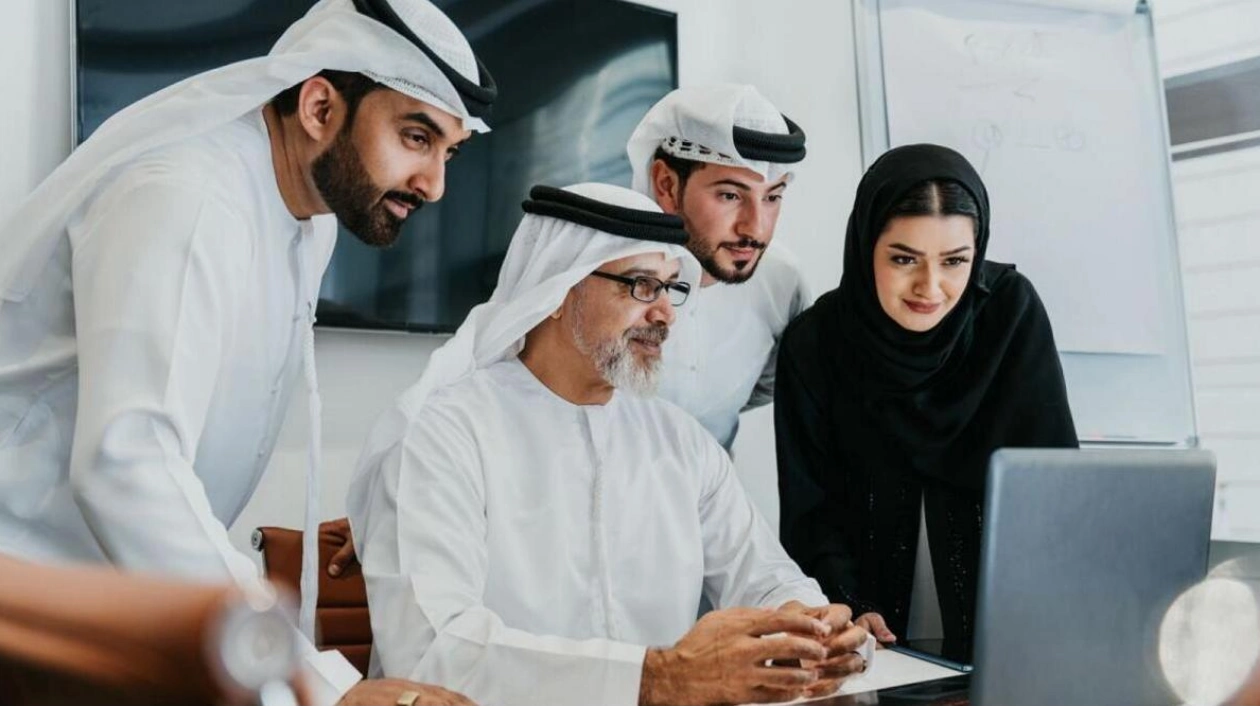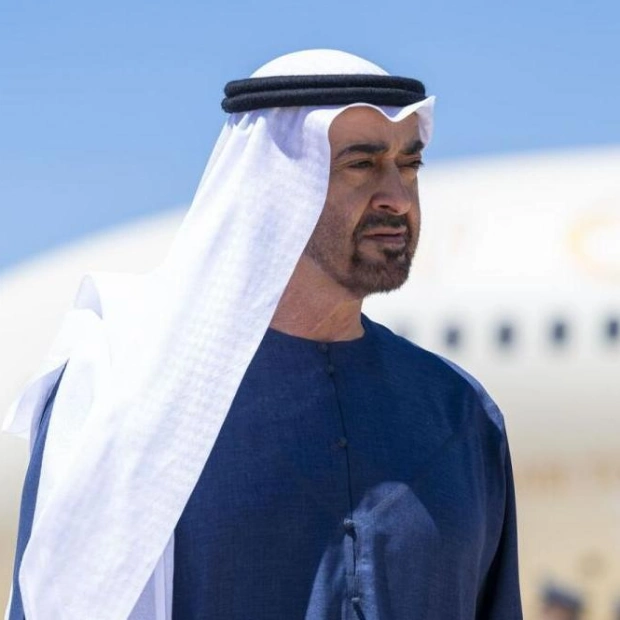Regarding the makeup of a company's workforce, opinions vary widely. I've heard passionate arguments from both sides — one from a local director who strongly believes that only Emiratis should hold senior positions, thereby fostering national aspirations from within. Conversely, there are expatriate leaders who, in the face of nationalization policies, prefer to pay fines rather than comply. As an HR enthusiast, I often observe nationalization being viewed too narrowly. During our work with the CIPD on diversity and inclusion programs, we continually explored its core meaning. It's not about solving a puzzle; it's about having a workforce that mirrors the communities we serve. If a company operates regionally, it naturally aims to capture the local market. Suppose their customer base predominantly consists of Saudi nationals, yet their decision-makers do not reflect this demographic; it's an overlooked opportunity. Nationalization through inclusive decision-making ensures that the company not only prospers locally but also aligns with the national identity, crafting a corporate narrative that is fully representative and resonant — otherwise, it remains incomplete.
McKinsey research indicates that diversity enhances profitability. Consider a tech company launching a new app targeting Gen Z — a generation practically born with smartphones. Now, imagine the development team consists of industry veterans from the floppy disk era. It's akin to asking a classic rock band to create the next big K-Pop hit. They might have the musical skills, but can they truly capture the essence of a genre that’s not their own? This is the kind of gap we're addressing — making inclusive decisions about the communities you serve isn’t just a nice-to-have; it’s a business imperative! The 'We the UAE 2031' initiative refers to both 'national talents and capabilities' and 'global talent’ to materialize President Sheikh Mohamed's vision. The aim is not just to have local talents or global stars but to create a league where both contribute, bringing their strengths to the field. It's about crafting a strategy where Emirati insight and international expertise collaborate.
Thus, when the private sector in the GCC contemplates nationalization, it's less about whether it's beneficial or detrimental. It's about harmonizing the local heartbeat with the global pulse, bringing out the best in every player, recognizing that each contributes to the goal — winning in a competitive marketplace. The goal isn’t just to play the game; it’s to revolutionize how the game is played — innovating not just for a season but for generations, building a legacy where diversity is the strength, not the obstacle.
Roujin Ghamsari is a distinguished HR practitioner and fellow of the CIPD, a professional body for HR and people development. Named among the 'Most Influential HR Practitioners 2023', she excels at collaborating with C-Suite leadership to craft and implement robust people plans, enabling organizations to deliver their strategic objectives.






